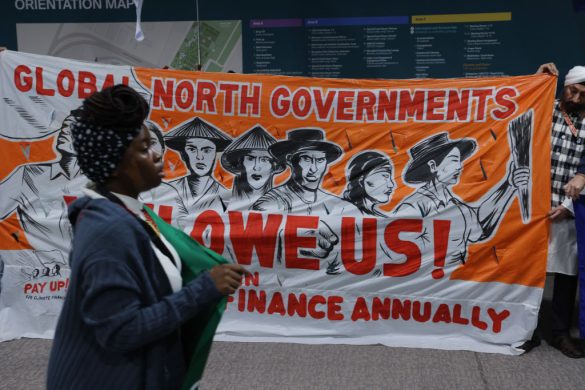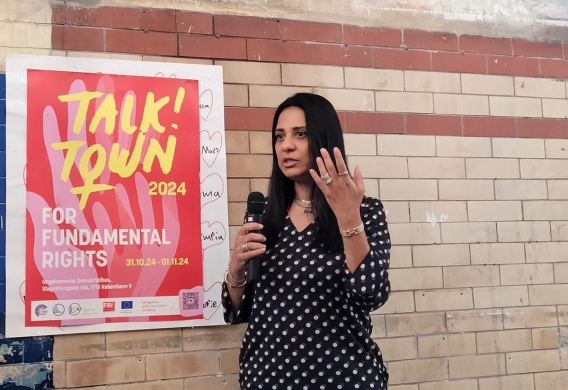The EU and its Member States are dragging their feet on the elaboration of a binding UN treaty to stop transnational corporations and other business enterprises’ disregarding human rights (FW 219).
In October 2016, the UN Human Rights Council (UNHRC) held the second session of its working group on such a treaty.
The EU had adopted an empty-chair approach at the first session; this time, thanks to strong pressure from civil society and from some 90,000 European citizens, the EU participated.
EU remains reluctant
Yet the EU remains reluctant to adopt a binding instrument. It argues that further steps must be firmly rooted in the – voluntary – UN Guiding Principles on Business and Human Rights, and that any instrument must address all companies – not just transnational corporations.
The concern with a reference to the Guiding Principles is that they are unenforceable and have failed to stop forced evictions of populations, or even assassinations.
“It is crucial to keep in mind that, beyond the legal principles, we are speaking about the lives of millions of people. Victims’ testimonies and statements heard during the session clearly showed the urgent need to act, and also that the current legal framework is weak and inefficient,” said Apollin Koagne, of CED.
The EU must hear European citizens’ growing concerns about an EU that puts corporate interest ahead of human rights and the environment. Wallonia’s stand against the Comprehensive Economic and Trade Agreement (CETA) has reemphasised the need to change the way that EU trade policy functions in order to end corporate impunity, to promote respectful multi-stakeholder dialogue and to protect human rights and the environment.















